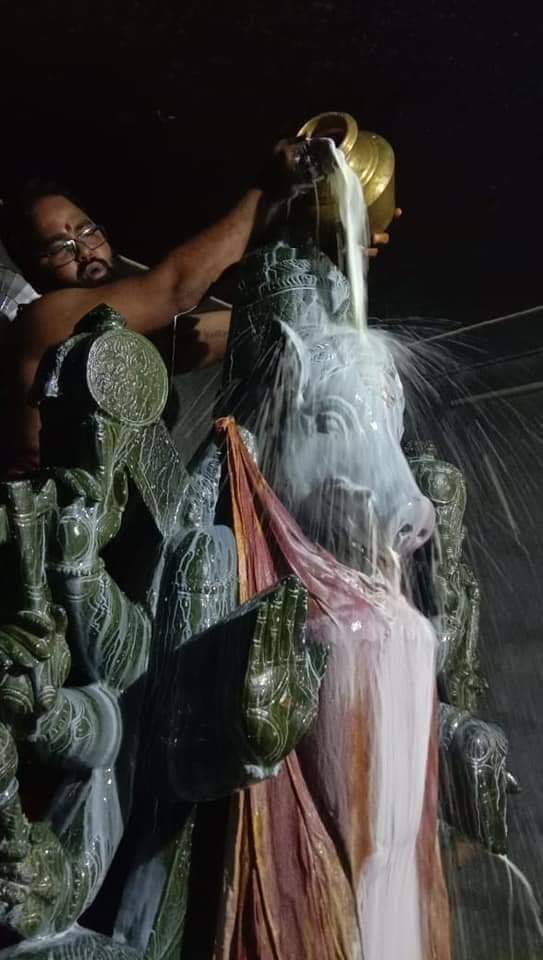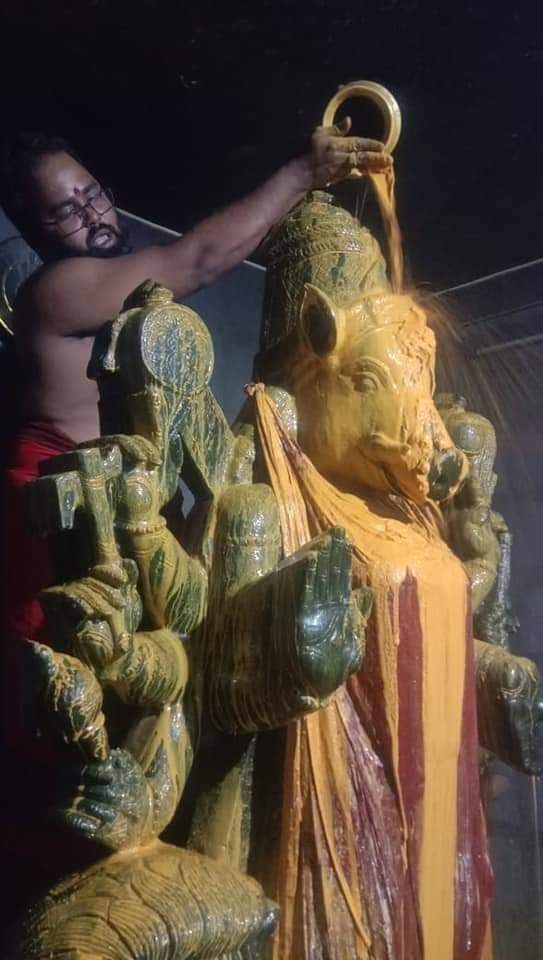When Valentines comes around, we even like to share gifts.
The 8 traits of the most fearless people:
When Valentines comes around, we even like to share gifts.
In fact, I believed her to be intrusive and, quite frankly, rude
But now our connection is stronger than ever.
She has taught me more than I could ever ask for.
Here are the 8 traits of the most fearless people:
Frightened people and fearless people use fear very differently.
Those running scared see fear as an indication of what to avoid.
Your greatest passions are reaffirmed by the fear you feel because those things hold tremendous meaning to you.
Scared people detest the feeling of fear.
When the discomfort arises, they take this anxiety very seriously and try everything to resist it
This makes them feel worse.
They lean in with fear as their accomplice.
The most effective solution to the discomfort around specific activities, be it public speaking, sales calls, talking to girls, or jumping into an ice-cold lake, is practice.
No. You're scared because you don't know what you're doing.
Avoidant types get a crackle in their chest and say:
'Oh, mama! I'm scared!'
Fearless people feel the crackle, do a little dance, and double down on the gift of such energy.
Buddhists spoke for centuries about the concept of 'No self.' Fearless people understand this intimately.
When we ask ourselves the question: 'who am I really?' we see that - beyond bones and flesh - we are both nothing and everything.
It is not real. When we realise we have no self to protect, we are untouchable.
Nothing can hurt us.
To live this understanding is to be fearless.
One of man's greatest fears is to be rejected by the tribe.
We are terrified of rejection or judgement by other people, and whether we realise it or not, this dictates most, if not all, of our actions.
We are slaves to this fear.
Why?
Because they know 'self-esteem' is an illusion. Illusions, like clouds of gas, cannot be attacked.
We're scared because we associate 'failure' or 'making a mistake' with loss.
We limit our joy and performance in everything if we're trying to avoid mistakes.
Good luck enjoying life that way.
Be willing to break the damn egg and see how the break is necessary to get to the enriching inner yolk.
Marcus Aurelius, the Roman emperor, said:
'You could leave life right now. Let that determine what you do and say and think.'
This cat had a point.
When we see life is short, rather than feeling scared, we are empowered to be bold, knowing death could be right around the corner.
Your time on this Earth is an extraordinary gift.
Don't spend your time here cowering from Fear.
Accept that Fear is a part of your experience and decide to have fun with it.
She will support you in return.
This is how you fall in love with truly living.
The 8 traits of the most fearless people:
1. They use Fear as a guide
2. Form a positive bond with Fear
3. Practice the things they fear
4. See Fear as excited energy
The 8 traits of the most fearless people:
5. Have a loose concept of 'self'
6. Know rejection is not tied to self-esteem
7. Have stopped trying to avoid mistakes
8. Are acutely conscious of the closeness of death.
I keep getting messages from you thanking me for this free gift:
'The 12 Habits of Mentally Strong People'
Yours free today for a SHORT time, when you subscribe to my newsletter:
https://t.co/bZlGyK1Q0j
Please *click* below + retweet this tweet: https://t.co/NSyBmzAR6Q
More from Alex Mathers
You May Also Like
I just finished Eric Adler's The Battle of the Classics, and wanted to say something about Joel Christiansen's review linked below. I am not sure what motivates the review (I speculate a bit below), but it gives a very misleading impression of the book. 1/x
The meat of the criticism is that the history Adler gives is insufficiently critical. Adler describes a few figures who had a great influence on how the modern US university was formed. It's certainly critical: it focuses on the social Darwinism of these figures. 2/x
Other insinuations and suggestions in the review seem wildly off the mark, distorted, or inappropriate-- for example, that the book is clickbaity (it is scholarly) or conservative (hardly) or connected to the events at the Capitol (give me a break). 3/x
The core question: in what sense is classics inherently racist? Classics is old. On Adler's account, it begins in ancient Rome and is revived in the Renaissance. Slavery (Christiansen's primary concern) is also very old. Let's say classics is an education for slaveowners. 4/x
It's worth remembering that literacy itself is elite throughout most of this history. Literacy is, then, also the education of slaveowners. We can honor oral and musical traditions without denying that literacy is, generally, good. 5/x
As someone\u2019s who\u2019s read the book, this review strikes me as tremendously unfair. It mostly faults Adler for not writing the book the reviewer wishes he had! https://t.co/pqpt5Ziivj
— Teresa M. Bejan (@tmbejan) January 12, 2021
The meat of the criticism is that the history Adler gives is insufficiently critical. Adler describes a few figures who had a great influence on how the modern US university was formed. It's certainly critical: it focuses on the social Darwinism of these figures. 2/x
Other insinuations and suggestions in the review seem wildly off the mark, distorted, or inappropriate-- for example, that the book is clickbaity (it is scholarly) or conservative (hardly) or connected to the events at the Capitol (give me a break). 3/x
The core question: in what sense is classics inherently racist? Classics is old. On Adler's account, it begins in ancient Rome and is revived in the Renaissance. Slavery (Christiansen's primary concern) is also very old. Let's say classics is an education for slaveowners. 4/x
It's worth remembering that literacy itself is elite throughout most of this history. Literacy is, then, also the education of slaveowners. We can honor oral and musical traditions without denying that literacy is, generally, good. 5/x













